Interested in buying instead of renting
joems89
11 years ago
Related Stories
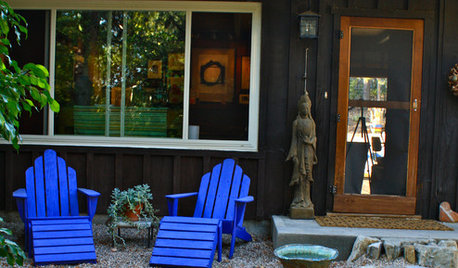
HOUZZ TOURSMy Houzz: Eclectic, Artistic Rented House in Ojai
Original artwork, vintage furniture and vivid colors saturate a designer's quirky Southern California space. And wait 'til you see the swing
Full Story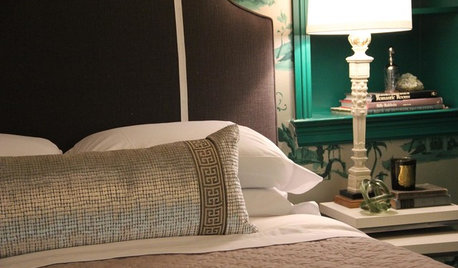
HOME INNOVATIONSConsidering Renting to Vacationers? Read This First
More people are redesigning their homes for the short-term-rental boom. Here are 3 examples — and what to consider before joining in
Full Story
HOUZZ TVHouzz TV: Goodbye, Skyrocketing Rents; Hello, Waterfront Living
Tired of the congestion and high costs of San Francisco, this young techie bought a boat on the bay. See how she makes it her home
Full Story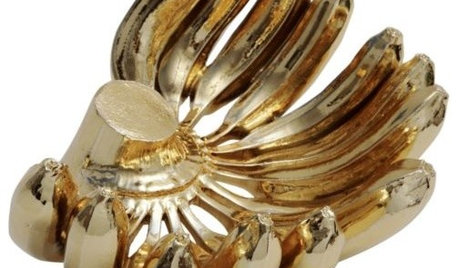
DECORATING GUIDESDecorate With Intention: To Buy or Not to Buy
Before you make your next home-decor purchase, ask yourself these 10 questions
Full Story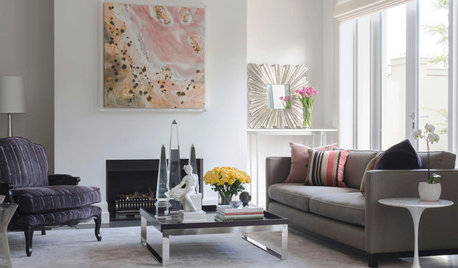
MOST POPULAR9 Reasons to Buy a Painting
No print or poster can rival the power of an original painting, chosen by you, for where you live
Full Story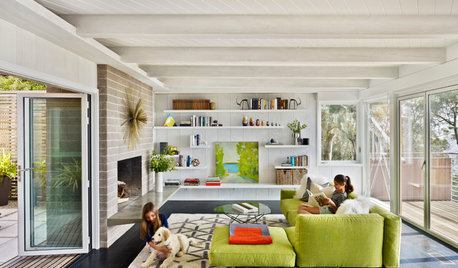
MOVINGHome-Buying Checklist: 20 Things to Consider Beyond the Inspection
Quality of life is just as important as construction quality. Learn what to look for at open houses to ensure comfort in your new home
Full Story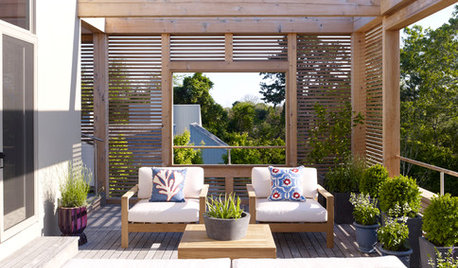
GARDENING AND LANDSCAPINGWhat to Know Before You Buy Teak Outdoor Furniture
Learn about finishes, weathering, care and that age-old oil debate to get the teak furnishings that suit you best
Full Story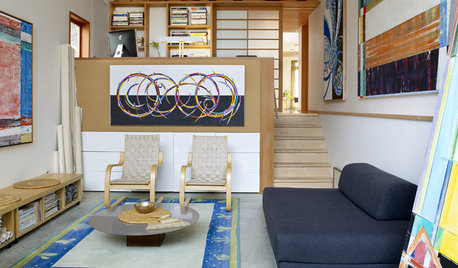
ARTLet's Put a Price on Art: Your Guide to Art Costs and Buying
We paint you a picture of what affects an artwork's price — plus a little-known way to take home what you love when it's beyond your budget
Full Story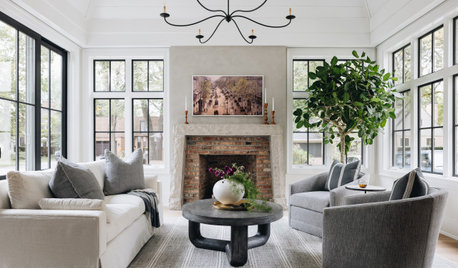
FURNITUREHow to Buy a Quality Sofa That Will Last
Learn about foam versus feathers, seat depth, springs, fabric and more for a couch that will work for years to come
Full Story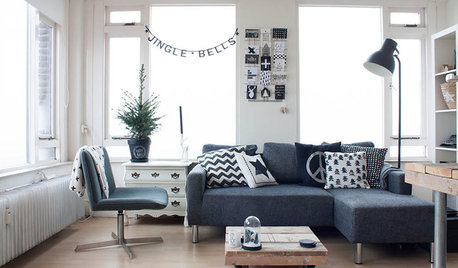
FURNITUREWhat to Know Before You Buy a Sectional
Learn about sizes, arm setups, seat types and more to get the right sectional for your space
Full StorySponsored
Zanesville's Most Skilled & Knowledgeable Home Improvement Specialists
More Discussions


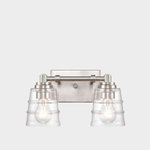





Billl
azzalea
Related Professionals
North Bergen Architects & Building Designers · Yeadon Architects & Building Designers · American Canyon General Contractors · Bartlesville General Contractors · Chowchilla General Contractors · Conway General Contractors · Fort Lee General Contractors · Lakewood Park General Contractors · Mount Holly General Contractors · Norridge General Contractors · Rancho Cordova General Contractors · Watertown General Contractors · West Whittier-Los Nietos General Contractors · Avenal General Contractors · Ashwaubenon Interior Designers & Decoratorskrissie55
terezosa / terriks
ncrealestateguy
Billl
brickeyee
littleprincess
hilnaric
trilobite
terezosa / terriks
User
mike_home
Marc12345
weedyacres
revamp
RooseveltL
Happyladi
LuAnn_in_PA
azmom
dreamgarden